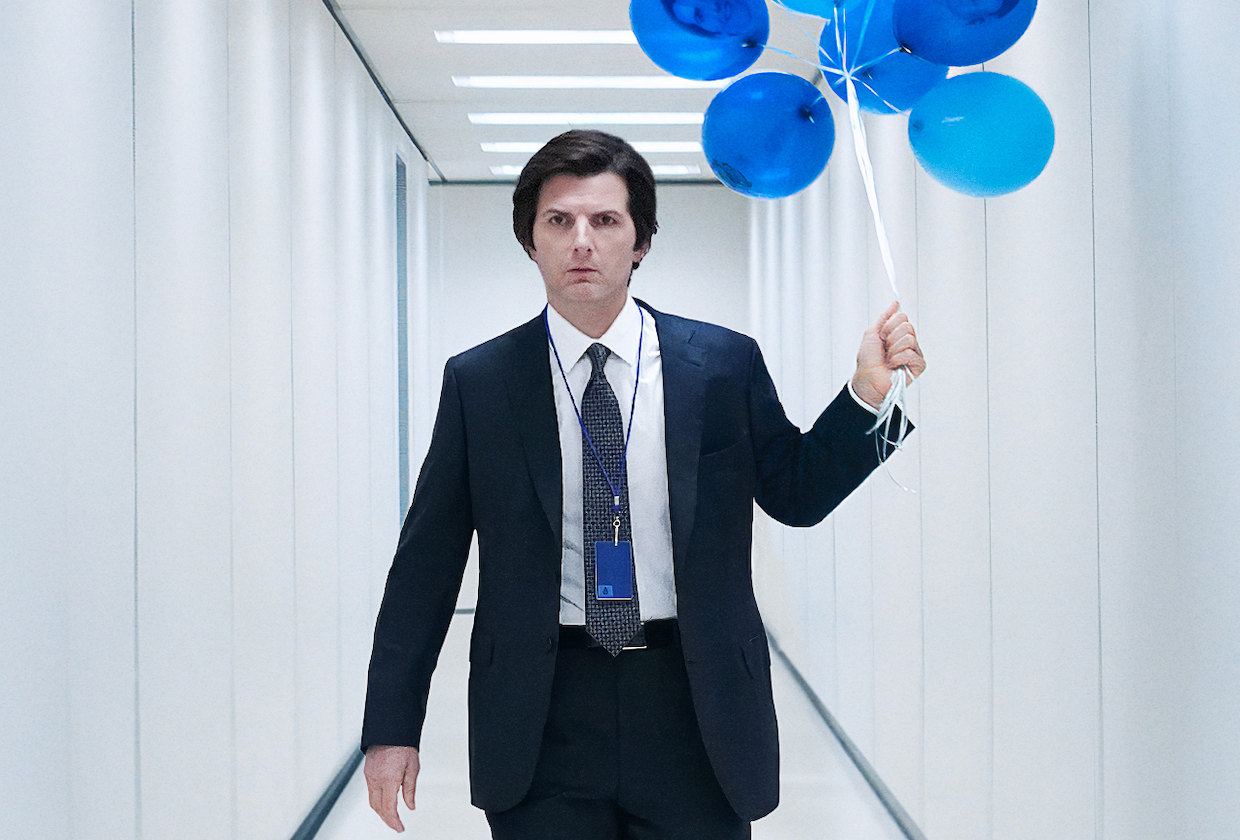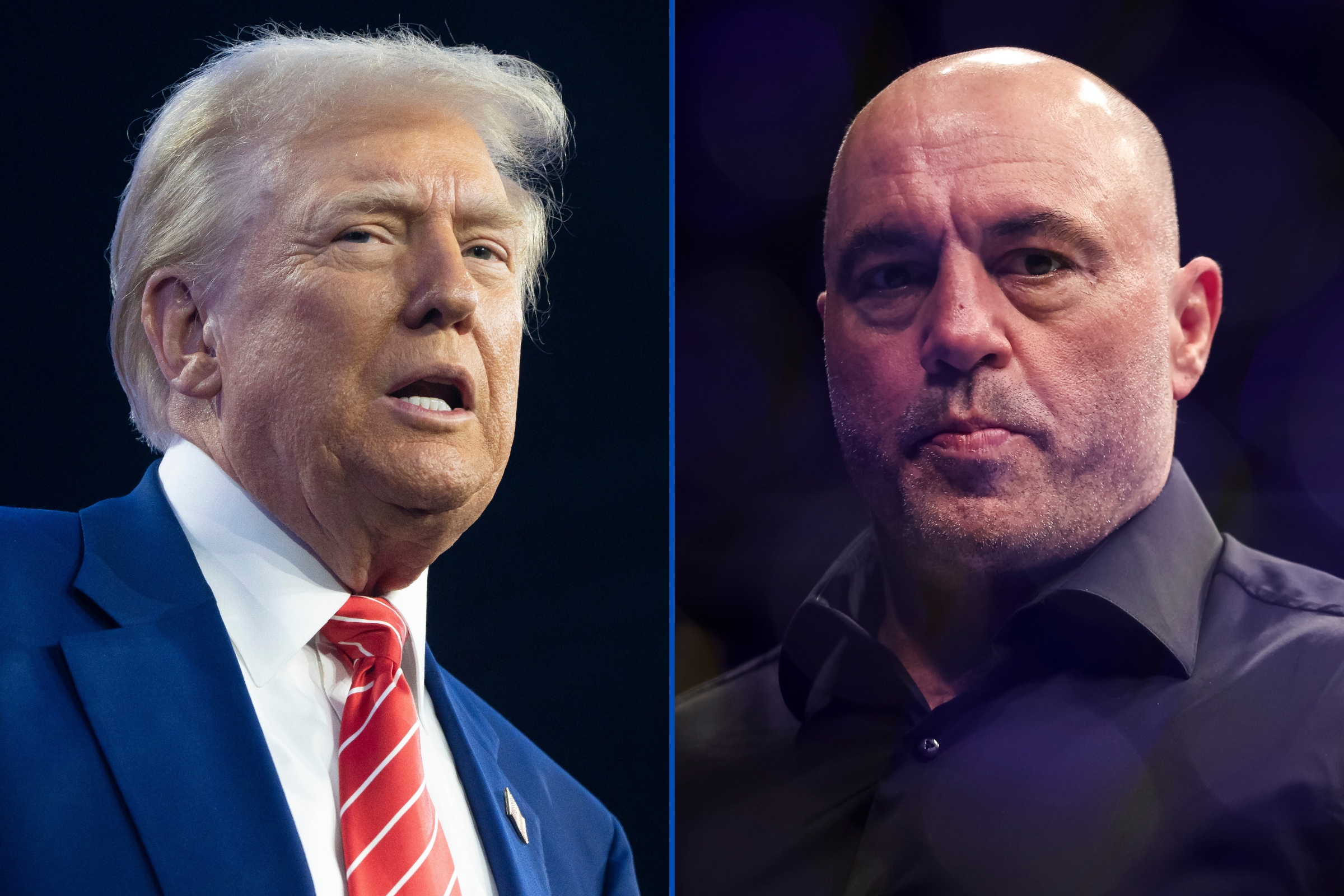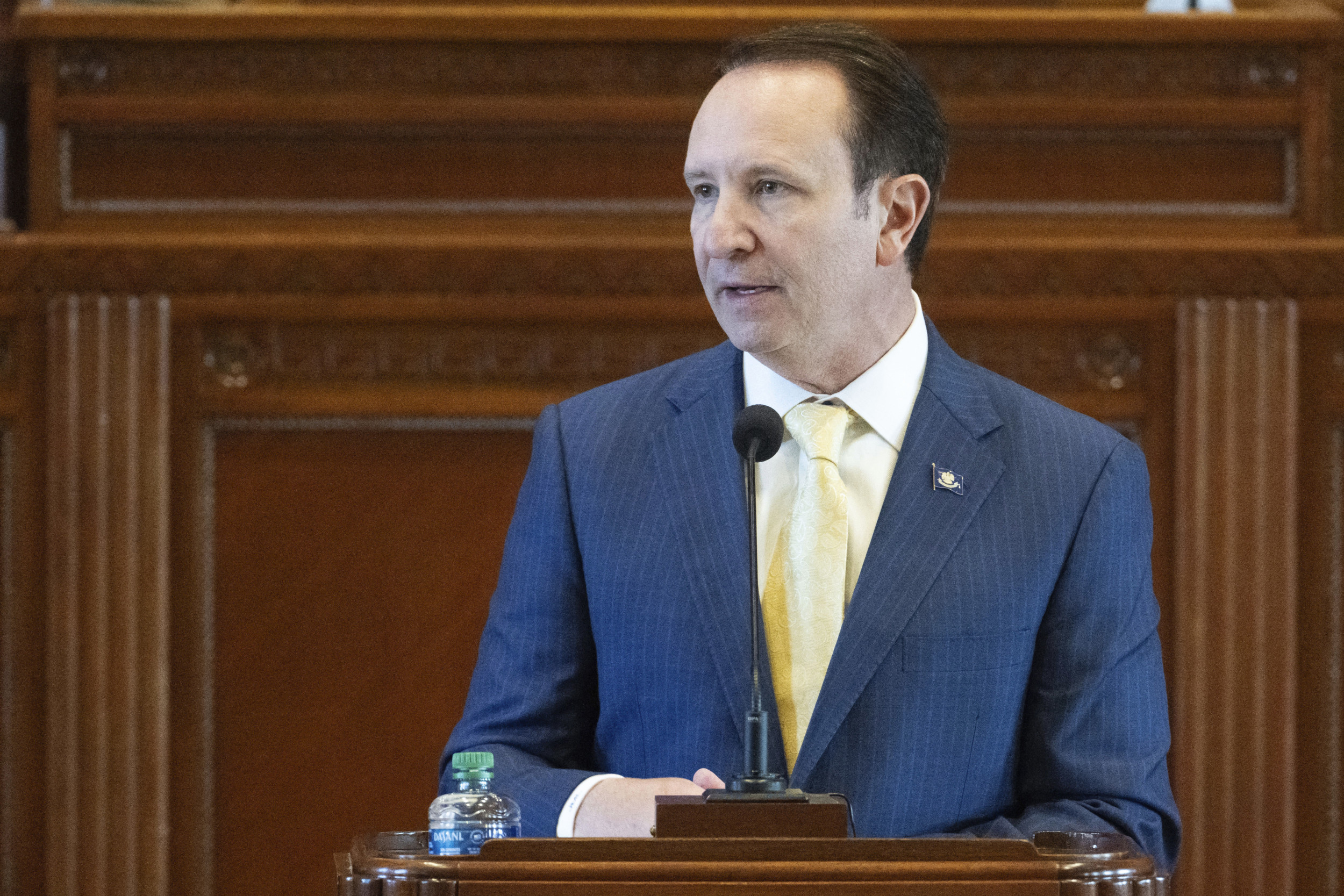Newly nominated by President-elect Donald Trump as secretary of Health and Human Services, Robert F. Kennedy Jr.'s longtime skepticism around vaccines is not unpopular among Americans.
A Gallup poll from July found that only 51 percent of Americans think the government should require vaccines for children. An additional 45 percent believe the government should have no say, similar to Kennedy's views. Kennedy has been involved with a leading anti-vaccine group and has said they are linked to autism.
"The declining belief in the importance of vaccines is essentially confined to Republicans and Republican-leaning independents, as the views of Democrats and Democratic-leaning independents have changed little over the past 24 years," Gallup editor Jeffrey Jones wrote.
Gallup found that 26 percent of Republicans and Republican-leaners believe it is extremely important for parents to vaccinate their children. That is half as many than believed so in 2019.

The initial polling found Republicans and Republican-leaners (62 percent) had similar views to Democrats and Democratic-leaners (66 percent) around the importance of vaccinating children. Now, the groups differ by 37 percentage points.
Democrats' views on the matter have shown no meaningful change, according to the Gallup polling.
The 2024 polling, which was conducted from July 1 to 21, found that 17 percent of Americans say it is somewhat important that parents get their children vaccinated, while 5 percent say it is not very important and 7 percent say it is not important at all. This compares to 2001, when only 1 percent said having children vaccinated was not at all important.
"Consistent with the decline in the perceived importance of vaccines, Americans are now much less likely than in the past to say the government should require children to be vaccinated against contagious diseases such as measles," Jones wrote.
The poll found that 51 percent now hold that view, down 11 percent from 2019. The question was asked in a 1991 poll by Princeton Survey Research Associates, which found 81 percent in favor of vaccine requirements.
Additionally, an increasing percentage of Americans believe vaccines are more dangerous than diseases. The view is held by 20 percent of U.S. adults surveyed, up from 11 percent in 2019 and 6 percent in 2001.
Last week, Kennedy said he wouldn't "take away anybody's vaccines" in an interview with NBC News. He rejected the notion he is "anti-vaccine."
"If vaccines are working for somebody, I'm not going to take them away," he said. "People ought to have choice, and that choice ought to be informed by the best information. So I'm going to make sure scientific safety studies and efficacy are out there, and people can make individual assessments about whether that product is going to be good for them."
However, when asked if there were any safe and effective vaccines on the market, Kennedy told podcaster Lex Fridman "no."
Fridman pushed Kennedy on the polio vaccine—which is widely considered one of the other greatest medical advances of the 20th century and has been estimated to have saved more than 1.5 million lives and prevented paralysis in more than 20 million children—but Kennedy suggested the vaccine killed more people than it saved.
In 2020, Kennedy expressed concerns about the COVID-19 vaccines being fast-tracked by the Trump administration for approval during the pandemic. He told NBC News recently that he knew in "May of 2020 that the vaccines were not going to protect against transmission because I was actually reading the monkey studies."
Kennedy is currently on leave as the chair of the anti-vaccine group Children's Health Defense.
Just before the election, Trump said he would discuss with Kennedy about on whether to ban certain vaccines.
"Well, I'm going to talk to him [Kennedy] and talk to other people, and I'll make a decision, but he's a very talented guy and has strong views," Trump told NBC News.



















:quality(85):upscale()/2024/04/24/878/n/3019466/36c5693c662965c5d1ce91.72473705_.jpg)
 English (US) ·
English (US) ·